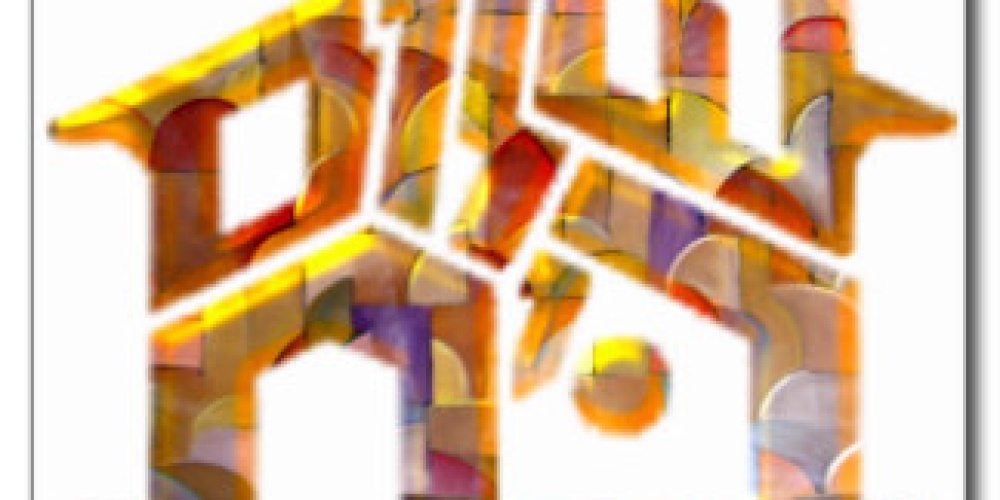
"G-d did not find a vessel more pleasing for the Jewish people than peace" (Uktzin 3:11). Such is the concluding teaching of the Mishnah. No Jew needs convincing as to the supreme value we place on peace. Such includes not only peace between nations, but peace within a family. There is little that stands in the way of bringing peace and tranquility into a home--from lying (see Yevamot 65b) to erasing the name of G-d (see Bamidbar 5:23) if need be. A fascinating example as to the lengths to which our Sages understood the Torah as promoting peace can be seen in the case of yibum.
The basic law of yibum requires that should a man die childless the brother of the deceased must either marry his widowed sister-in-law or perform the act of chalitzah, freeing her to marry whomever she may wish. If the original couple produced a child, there is no need for chalitzah and the woman is free to remarry.
What if, subsequent to her marriage, that child should die? In relation to her first husband, she is now a childless widow requiring yibum or in this case chalitzah. To support this view, the Gemara cites the laws of terumah, where we have a similar situation.
Terumah may only be eaten by a kohen. However, marriage unites a couple into one[1], so that the daughter of a non-kohen who marries a kohen would be permitted to eat terumah, whereas the daughter of a kohen who marries a non-kohen would no longer be allowed to do so. Such holds true even if the woman should become widowed, provided there are children from the marriage. Yet should the child subsequently die, the woman's status reverts to that before her marriage. "Regarding this, the verse says, 'and she [the daughter of a kohen] shall return to her father's house as in her youth, from the bread of her father she may eat'" (Vayikra 22:13, Yevamot 87a).
The Talmud assumes that what holds true for terumah should all the more so[2] hold true for yibum, and the widow whose child subsequently dies should now require chalitzah. To this, the Gemara retorts that requiring chalitzah would be a violation of the verse, "her ways are the ways of pleasantness and her paths are the paths of peace" (Mishlei 3:17, Yevamot 87b). Imagine the case when the woman remarries and then her child dies. To require her to undergo chalitzah would greatly impact on the harmony in the home. That a happily married woman would need to go through a degrading ceremony[3] that brings back painful memories of her first husband, not to mention a dead child, would violate the underlying principles upon which the Torah is based: pleasantness and peace. In addition to the great turmoil for the woman, "she will be distasteful in the eyes of her husband[4]" (Rashi, s.v. deracheha).
This is an astounding response. Based on the laws of Biblical interpretation, it is clear this woman requires chalitzah. Yet the Gemara quotes a verse from Proverbs--a beautiful book, but one lacking the authority of the Five Books of Moses--to refute such an interpretation. A verse that has absolutely nothing to do with the issue at hand, but is a "meta-verse" about Torah in general.
Yet our Sages understood that this verse must underlie everything written in the Torah. It is not possible that the Torah would include a law that creates strife and is "unpleasant"--even if this potential unpleasantness is unwarranted. After all, the woman is just carrying out the demands of the Torah, and both she and her husband should view it as such. Why should she become "distasteful" for observing the mitzvah of chalitzah? Yet such is reality--even mitzvoth if forced upon us can lead to ways that are not of peace.
It thus must be, our Sages assert, that no chalitzah is required. Such is the need to ensure that "her ways are the ways of pleasantness and her paths are the paths of peace".
[1] Surely there is potential for strife if husband and wife cannot share food together.
[2] Why this is "all the more so" (kal vachomer) runs as follows: The daughter of a kohen married a kohen, and they have child and the husband then dies. Should the widow then marry a non-kohen, she would no longer be able to eat terumah despite being the daughter of kohen and having a child from her previous marriage with a kohen. In other words, her first child is now considered as if he were the child of the second husband. Yet should the second husband and the child die, she may eat terumah again (remember, she's the daughter of a kohen), "as the dead are not considered alive".
In other words, the bond of the child of the kohen is too weak to allow his mother to eat terumah while married to a non-Kohen, and the child even partially loses his role as "child of the first husband." Yet, should the child die, for the purposes of terumah, his (re)connection to the first husband is powerful enough that she becomes the childless widow of the first husband again and hence she can eat terumah. However, with regards to yibum, the child retains the status of the child of the first husband in all circumstances. Yet, despite the fact that his status is more connected to the first husband, the child's death does not now make her a "childless widow of the first husband." Based on the kal vachomer, we would have thought that since his status remains that of the "son of the first husband", his death should make her the childless widow of that husband--"the dead should not be considered alive"--and she could require chalitzah.
[3] This degradation is purposeful, as it is clear the Biblical text sought to promote yibum (see Devarim 25:5-10).
[4] It is the sensitivity that one must display to a second spouse that (generally) precludes one from observing the yahrzeit of a first spouse.



